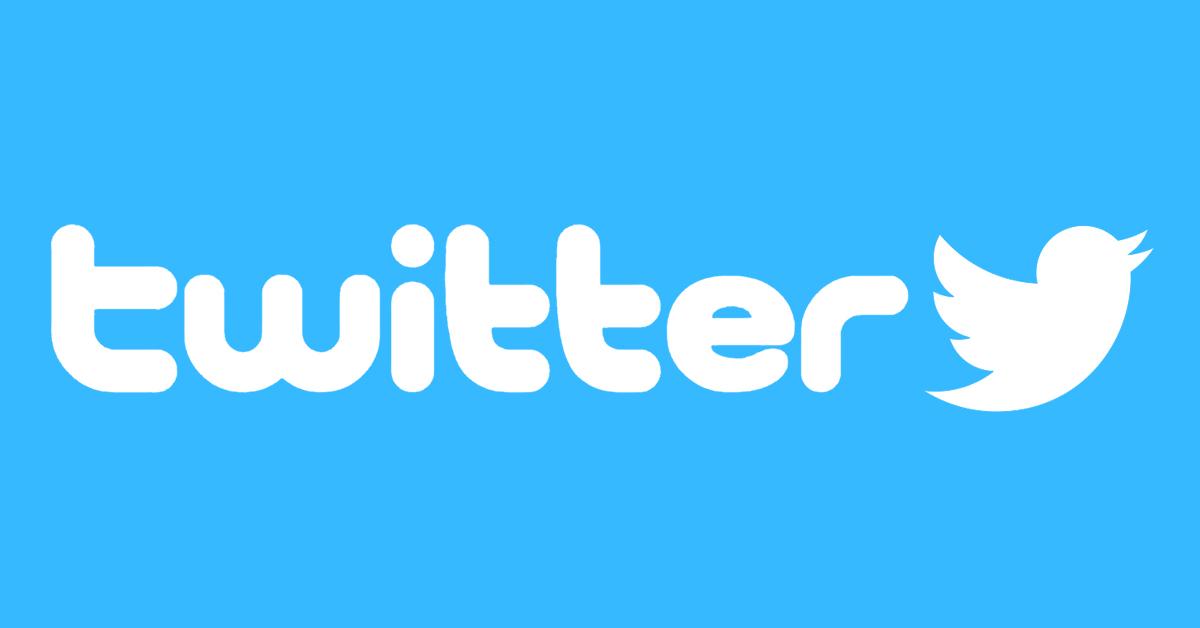Today’s students are lucky; they can use all kinds of tools to make the studying process easier and more productive. You already use different apps that help you study more efficiently, right?
When it comes to these networks, we usually see them as distractions. We use different browser extensions, such as Strict Workflow and StayFocusd, to block social media when we’re trying to study. We’re practically forcing ourselves to stay away from Facebook, Twitter, Instagram, and Pinterest in those moments.
Are we doing something wrong? Believe it or not, social media platforms are friends; not enemies. They can help students study more effectively. We’ll list 7 ways to use social media to your advantage when you’re trying to study.
1. Join a Student-Friendly Facebook Group
So you’re trying to write a book review? Why don’t you join the Facebook group of a book club? You can ask questions and get into discussions. You’ll be surprised how the Facebook community is useful for sharing and getting insights, tips, and answers.
There are Facebook groups of all kinds. If you’re trying to learn a language, you’ll definitely find a suitable community on this platform. If you’re great at math and you want to connect with like-minded people, just hit Facebook’s search bar and join such a group.
2. Form a Facebook Study Group
Studying groups can be really effective when organized properly. If you and your friends get together with the intention to study, you soon find yourself eating sandwiches, drinking too much coke, and laughing too much. It’s not easy to focus when you’re among your friends.

A Facebook studying group, on the other hand, makes it easier for you all to focus. This will be a closed group, where you’ll invite the people you want to study with. The conversations will be focused and you’ll all help each other by sharing links and notes.
3. Use Pinterest for Academic Research
Pinterest is not only about hairstyles, makeup, fashion, and recipes. It’s a platform that can help you organize all kinds of resources. Whenever you’re working on an academic project, start a special Pinterest board, where you’ll collect all resources. You can add notes, too. When you organize the research process with this tool, you’ll never have trouble using and referencing the sources.
Keep these boards private, since you don’t want other students to copy your research. When you’re done with the project, you may make the boards public, so they will help other students find the resources they need.
4. Tweet Something You Learn
Twitter is really fun, isn’t it? Here’s a way to make it useful, too: tweet something you learned, every single day. You’ll even find a convenient hashtag for that activity: #whatilearnedtoday.

You’re learning lots of cool stuff on a daily basis. When you convey something you learned through a fun tweet, the information will be easier to remember.
5. Follow the Right YouTubers
Start by following all the right YouTube channels that help you study. Watch at least one educational video every day. This practice will help you keep your learning habits consistent. The things you learn don’t have to be associated to the curriculum; just watch a video on any topic you like.
When you’re going through the course materials, search for YouTube videos that explain the most important concepts. That will make the studying process much easier and more engaging.
6. Connect With Students from All Around the World
Social media gives you a chance to collaborate not only with your classmates, but also with students from all around the world. You can connect with people from all corners of the earth. That can be useful when you’re learning a foreign language. However, it’s also great when you just want to open your horizons and learn something more about other countries’ social, political, and cultural systems.
7. Be a Good Digital Citizen
Did you know that college admission boards and employers were checking the social media profiles of candidates? They are! Everything you share on these platforms leaves a stamp. When you try to get into college or university, the admission board will evaluate your digital citizenship. When you start applying for jobs, employers will check your online activity. That’s why it’s important to start working on your reputation from this very moment.
Sharing educational content, blogging, and connecting with the right people will support the practical aspect of your studies.
As you can see, social media can really support the learning process. However, these platforms are still full of distractions, so you have to stay focused! Use them the right way!














Leave a Reply